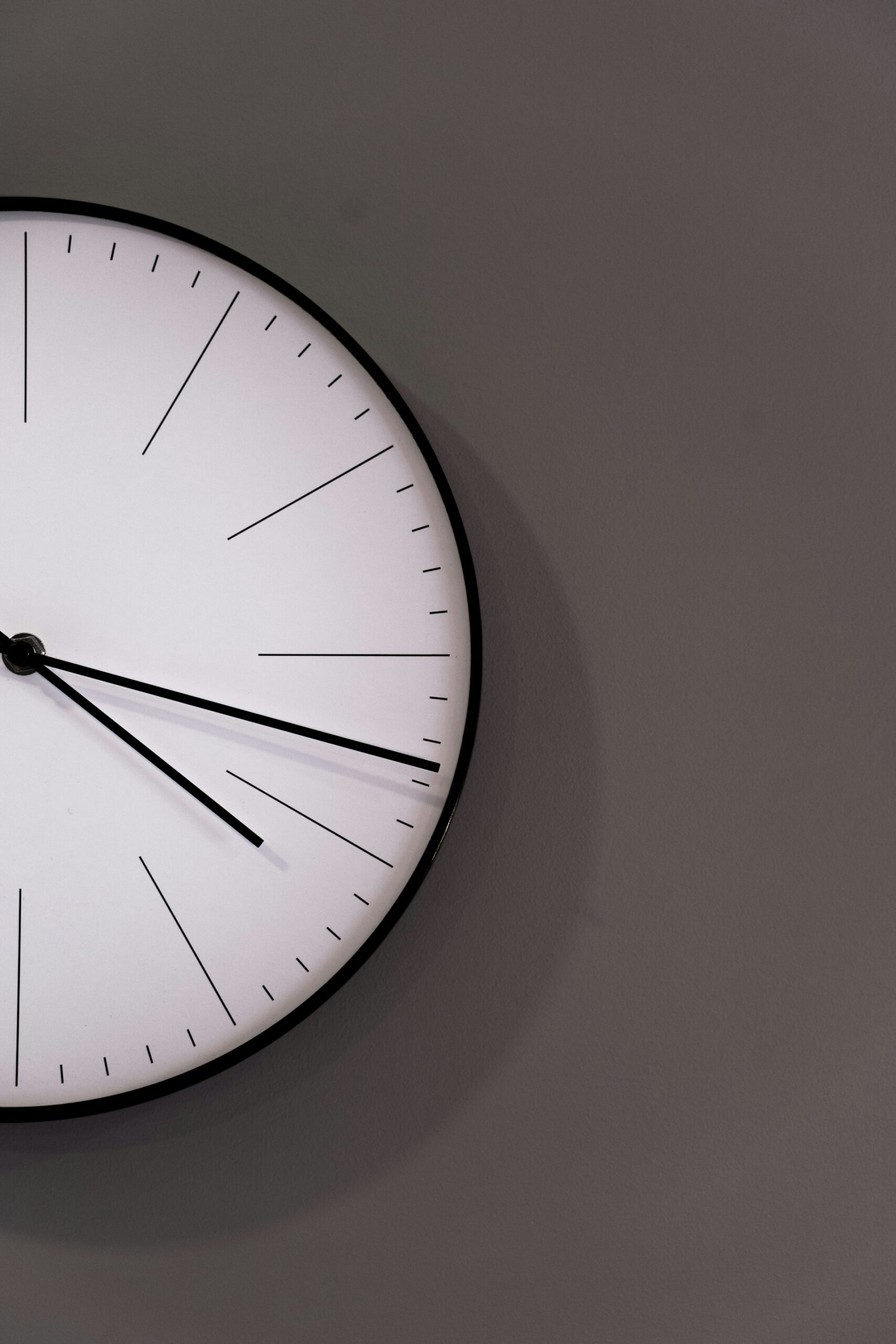Mitochondrial Health and Your Fitness Longevity
If you’ve ever hit a wall during a workout, felt like your recovery is slower than it should be, or wondered why your energy doesn’t match your motivation—your mitochondria might be trying to tell you something.
Mitochondria are often called the “powerhouses of the cell,” but let’s be real—they’re more like the elite performance engines of your body. These microscopic organelles generate the energy that fuels every squat, sprint, and stretch. The better your mitochondrial health, the stronger your stamina, the faster your recovery, and the longer you’ll thrive in fitness.
Let’s dive into how mitochondria impact your training, aging, and performance—and how to keep them firing on all cylinders for years to come.
What Are Mitochondria, Really?
Mitochondria are tiny structures inside your cells that convert nutrients—mainly glucose and fatty acids—into adenosine triphosphate (ATP), your body’s main energy currency.
Think of ATP as the battery pack that powers every rep, step, breath, and heartbeat. Without enough of it, you’ll feel sluggish, sore, and out of sync.
Each muscle cell contains thousands of mitochondria. But over time—through stress, poor diet, lack of movement, or aging—their efficiency can drop. The result? Decreased performance, slower recovery, and increased risk of chronic disease.
Why Mitochondrial Health Matters for Fitness Longevity
When your mitochondria are thriving, your body is more resilient. Here’s why they’re a big deal for anyone serious about long-term fitness:
🔋 More Energy, Less Fatigue
Healthy mitochondria = efficient ATP production. This means you can push harder during workouts, sustain energy throughout the day, and recover faster afterward.
💪 Improved Muscle Function
Your muscles literally rely on mitochondria to contract, repair, and grow. Better mitochondrial health = better muscular endurance, strength, and repair post-workout.
🧬 Reduced Inflammation and Oxidative Stress
Mitochondria help neutralize free radicals. Dysfunctional mitochondria, on the other hand, ramp up inflammation—slowing recovery and increasing injury risk.
🧠 Sharpened Mental Focus
Yep, your brain relies on mitochondria too. Boosting mitochondrial function helps keep your mind as sharp as your body.
🔁 Slow Down Biological Aging
Mitochondrial decline is linked to aging, decreased fitness, and chronic disease. Maintaining their health supports healthy aging and long-term mobility.
Signs Your Mitochondria Need a Tune-Up
If your cellular powerhouses are sputtering, your body will let you know. Look out for:
- Chronic fatigue (even with good sleep)
- Poor workout recovery
- Brain fog or mental burnout
- Slow metabolism or stubborn weight gain
- Decreased exercise tolerance
- Increased inflammation or frequent illness
Sound familiar? Don’t worry. Mitochondria are incredibly responsive to lifestyle changes.
How to Boost Mitochondrial Health Naturally
Here’s how to support and supercharge your mitochondria for sustainable strength and stamina.
🚴♀️ Prioritize Aerobic and Zone 2 Training
Mitochondria love oxygen. Low-to-moderate intensity steady-state cardio (think Zone 2) encourages mitochondrial biogenesis (aka building new mitochondria).
Try this:
- 45–60 minutes of walking, cycling, or swimming
- Keep your heart rate around 60–70% of your max
- Aim for 2–3 sessions per week
Zone 2 is a longevity goldmine.
🏋️♂️ Incorporate Resistance Training
Muscle mass supports metabolic health, and resistance training stimulates mitochondrial function—especially in fast-twitch muscle fibers.
Bonus: Strength training increases insulin sensitivity, which supports energy production efficiency.
❄️🔥 Try Cold and Heat Exposure
- Cold exposure (ice baths, cold showers): Improves mitochondrial density and function.
- Heat therapy (saunas): Enhances blood flow, detoxification, and mitochondrial repair.
Alternate both for a metabolic edge.
🧘 Manage Stress with Intentional Recovery
Chronic stress can damage mitochondria by increasing cortisol and oxidative stress.
Support recovery with:
- Meditation or breathwork
- Nature walks
- Yoga or gentle mobility work
- Unplugged rest days
Mitochondria don’t grow in chaos—they thrive in balance.
🥗 Eat for Mitochondrial Fuel
What you eat feeds your mitochondria. Go for nutrient-dense, whole foods that support energy production and reduce inflammation.
Key nutrients:
- CoQ10: Found in beef, chicken, fatty fish (also available as a supplement)
- B Vitamins: Eggs, leafy greens, legumes
- Magnesium: Pumpkin seeds, spinach, dark chocolate
- Alpha-lipoic acid: Broccoli, tomatoes, organ meats
- Omega-3s: Salmon, walnuts, chia seeds
- Polyphenols: Berries, green tea, olive oil
Minimize processed foods and excess sugar—they damage mitochondria over time.
⏱️ Try Intermittent Fasting (Strategically)
Short-term fasting (12–16 hours) can trigger mitochondrial autophagy—a cellular clean-up process that removes damaged mitochondria and stimulates new growth.
Tip: Pair fasting with light activity like walking for a metabolic boost. Avoid intense training while fasted unless you’re experienced.
🌞 Get Morning Sunlight
Light exposure (especially in the morning) sets your circadian rhythm and boosts mitochondrial activity. Sunlight also supports vitamin D production, which is key for energy metabolism.
💊 Consider Mitochondrial-Supporting Supplements
If your lifestyle is already on point, these may give you a helpful boost:
- Creatine: Improves ATP production and brain/muscle function
- PQQ (Pyrroloquinoline quinone): Stimulates mitochondrial biogenesis
- NAD+ precursors (like NMN or NR): Support cellular energy and repair
- CoQ10: Enhances mitochondrial efficiency and reduces fatigue
As always, talk to a healthcare professional before diving into any new supplement stack.
Wrapping It Up
Mitochondria may be tiny, but they’re mighty. When you support these cellular dynamos, you’re not just chasing six-pack abs or new PRs—you’re investing in your fitness longevity, energy, and vitality for the long haul.
Train smart. Eat real. Recover well. And move daily with purpose.
Because when your mitochondria thrive, you don’t just live longer—you live stronger. ⚡🧬🔥





